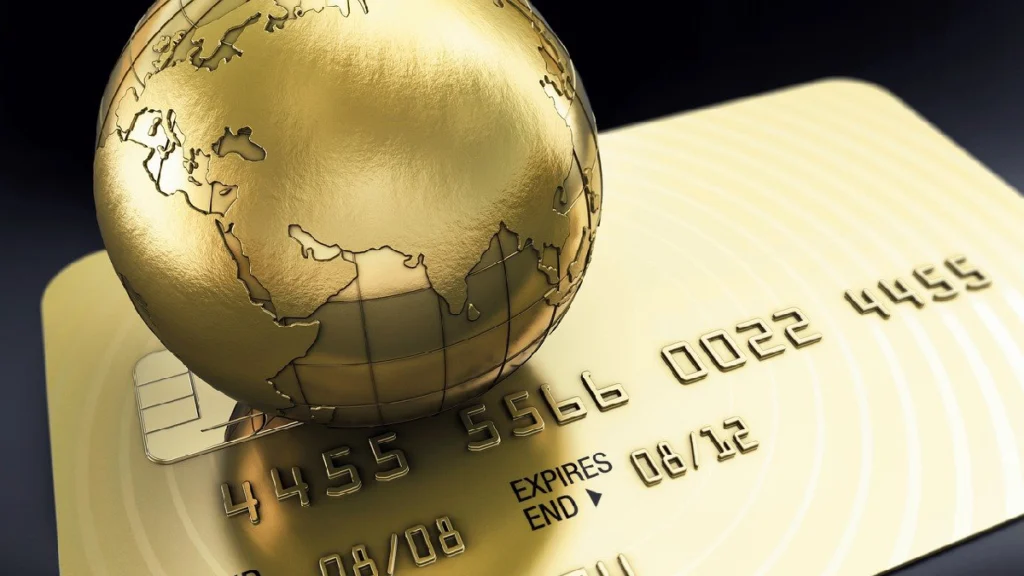The widespread use of plastic money, particularly credit cards, in the United States has become a hallmark of the modern financial landscape. This popularity is not without reason, as these bits of plastic provide users with significant convenience and financial freedom. However, as with any financial tool, there are crucial benefits and potential pitfalls to consider.
In this blog post, we’ll explore the advantages of using credit cards and the precautions consumers should take to use them responsibly. Understanding these aspects can empower users to make informed decisions, allowing them to harness the power of credit cards without falling into financial traps.
Understanding the rise of credit card usage

The focus keyword here is “credit card popularity,” and it aptly describes the rise in usage across the United States. The growth in the use of these cards can be attributed to several factors that intertwine convenience and necessity. One of the primary reasons for their widespread adoption is the ease of access they provide.
Whether booking a flight or purchasing everyday groceries, credit cards simplify transactions, allowing consumers to make purchases without carrying around cash. Additionally, the increasing digitalization of payment systems has made credit cards even more integral, as more consumers shop online and require electronic means to pay for goods and services.
Convenience and financial flexibility
One of the main benefits of credit cards is the unparalleled convenience they offer. Consumers can shop in-store, online, or even overseas, often without incurring additional fees. This global acceptance makes credit cards a preferred payment method for travelers, as they eliminate the need to exchange currency in advance or carry large amounts of cash.
Additionally, since many merchants accept credit cards, consumers can make spontaneous purchases without the hassle of finding an ATM to withdraw cash. Furthermore, using credit cards allows for easy tracking of expenses, as monthly statements provide a clear record of purchases, helping users monitor their spending habits.
Security and fraud protection
In addition to their convenience and flexibility, credit cards offer enhanced security features that protect consumers from fraud. Most credit card companies have robust mechanisms in place to identify and prevent fraudulent activities, ensuring cardholders’ peace of mind.
For instance, if a credit card is lost or stolen, cardholders can report it to their issuer, who will promptly freeze the account and issue a replacement, often without holding the cardholder liable for unauthorized charges. This protection makes credit cards a safer alternative to carrying cash, which, if lost, is usually gone for good.
Precautions to ensure responsible use
While credit cards offer numerous benefits, they also come with potential hazards if not used carefully. To avoid the traps of spiraling debt and high-interest rates, consumers must adopt responsible credit management habits. One primary precaution is to maintain a strict budget and spend within one’s means.
It’s crucial to avoid using credit cards as a way to live beyond financial capabilities, as this can quickly lead to mounting balances that become difficult to repay. Setting a monthly spend limit can help keep expenditures in check and prevent falling into the debt cycle.
Balancing rewards with responsibilities
Credit card rewards can be enticing, often prompting consumers to make purchases they might not have otherwise considered, all in the quest for points or cash back. While rewards programs can offer substantial benefits, they should be pursued with caution.
The key is to ensure that the pursuit of rewards does not lead to unnecessary spending or accumulating debt. Consumers should evaluate whether the rewards justify the spending required and consider any annual fees associated with the card that might offset these benefits.
Staying informed and exercising discipline
Staying informed is crucial for the responsible use of credit cards. This involves not only understanding one’s own financial position but also staying updated on the terms and conditions of each card used.
Policies, interest rates, and rewards structures can change, and being aware of these adjustments can prevent surprises. Many credit card issuers provide resources and educational materials to help cardholders make informed decisions, which can be a valuable tool in maintaining financial health.
Financial discipline is equally important. This includes making conscious choices about when and how to use credit cards. Consumers should be intentional about every purchase, avoiding impulsive buys that can lead to unnecessary debt. Exercising restraint, especially with larger purchases that might take longer to pay off, ensures that credit card debt remains manageable and within the consumer’s repayment capacity.

